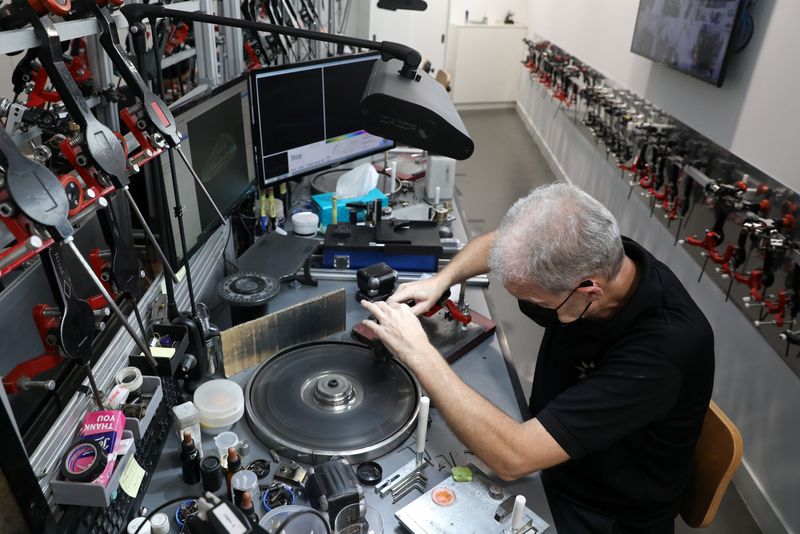ABU DHABI (Reuters) - Growth in the United Arab Emirates' non-oil private sector activity improved in October as output expanded more sharply, but demand grew at the slowest rate in 20 months, a survey showed on Tuesday.
The seasonally adjusted S&P Global UAE Purchasing Managers' Index rose to 54.1 in October from 53.8 in September, staying above the 50.0 mark denoting growth.
Following September's three-year low, the pace of growth in output grew to the highest since April, with the subindex surging to 61.3 in October versus September's 57.9 reading, attributed in part to higher sales and healthy pipelines.
However, the pace of growth in new orders continued to soften, slipping to 55.9 in October from 56.7 in September, hitting the lowest level since February 2023, although better international demand supported new sales.
"A softening of new business growth in October added to signs that the non-oil economy is losing strength after a robust growth period in late-2023/early-2024," David Owen, senior economist at S&P Global Market Intelligence, said.
Respondents indicated that market crowding was "eating into sales and hitting job creation which slipped to a 30-month low," Owen said, adding that a long pipeline of work backlogs and ongoing contracts could still support future output.

In Dubai, the country's commercial and tourism hub, non-oil activity growth slowed during October, with its headline PMI dipping to 53.2 from September's 54.1 reading, in contrast to an overall pickup in growth in the UAE.
Business confidence about the outlook over the next 12 months improved for the UAE as a whole in October from September's 18-month low, the survey showed.